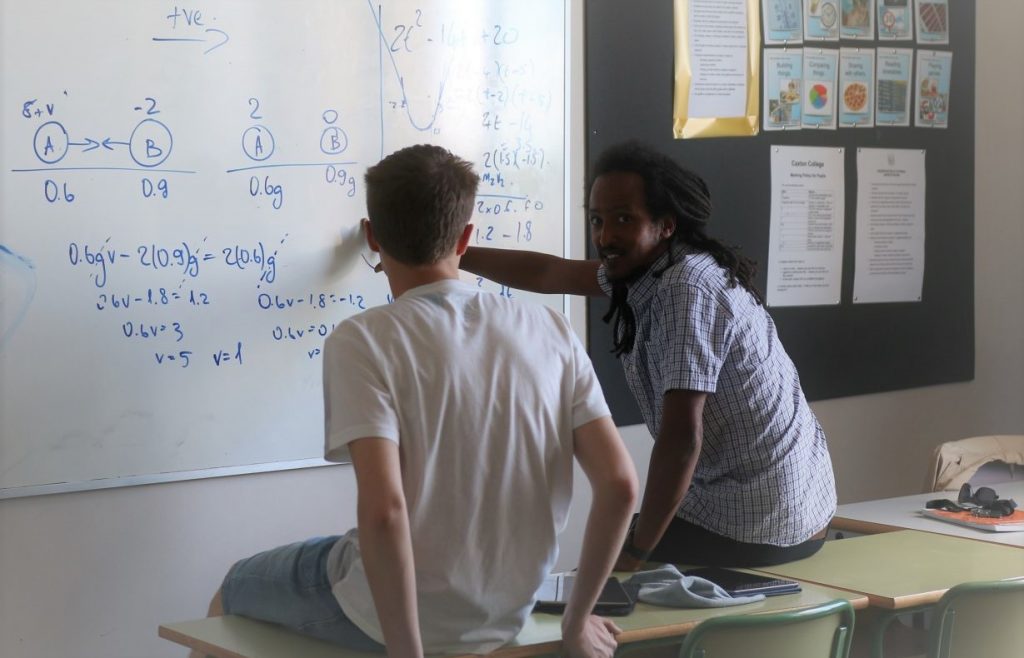
Ahmed Robleh, Assistant Head of Secondary (Technology and Innovation)
I have been interested in investigating ChatGPT’s use for teaching and learning. Having used CENTURY’s AI for 2 years, the school now has a group of teachers eager to use new AI technologies to help personalisation, to save teacher time and to create resources. They have already created questions for English, with a focus on assessment objectives around reading and responding to the text; schemes of work in Art for 6-week projects; and live answers in a Further Maths class on Argand diagrams.
My team are also aware of the risks, though, such as ChatGPT’s ability to produce essays. We must therefore focus on testing things that cannot be manufactured by AI, that rely on creativity and are verifiable through teachers’ knowledge of their students. As AI takes us down a pathway of personalised learning, it is incumbent upon us, as teachers, to be asking more personalised questions for coursework and homework, such as how the material they have studied has changed or affected their personal view on the world or asking a student to teach their approach to solving a problem.
We have a responsibility to leverage this tool to improve education.
As educators we have plenty of work to do in the coming weeks in establishing the true impact and potential of the new software, but one thing seems certain: AI changes everything. For many in education, the AI revolution already started years ago, giving us powerful new tools to help us better support our students. I suspect that soon we will all find ourselves very accustomed to having our versatile, ever-patient helpers by our sides. It seems that Matthew Ebel was right: everybody does need a robot.











Leave a Reply